June 28, 2018
To the Standards Committee of the Responsible Jewellery Council
As non-governmental organizations and trade unions working to protect human rights and promote responsible sourcing in minerals supply chains, we welcome the Responsible Jewellery Council’s (RJC) review of its Code of Practices, the standard against which all RJC members must be certified. With more than 1,000 members across the jewelry supply chain, including mining companies, jewelry retailers, refiners, manufacturers and others, the RJC is in a unique position to influence responsible sourcing practices in the industry.
We believe that the RJ( needs to incorporate far stronger commitments into its Code of Practices to fully meet international standards. We welcome this opportunity to share our input.
The revised Code of Practices should:
1) Make clear that all members are expected to fully comply with the OECD Due Diligence Guidance for Responsible Supply Chains of Minerals from Conflict Affected and High-Risk Areas (OECD Guidance), the most authoritative and widely accepted standard in the minerals sector, including those relevant for jewelry, without exception.
The Code of Practices should explicitly spell out the five-step framework of the OECD Guidance. It should specify that the OECD Guidance applies to minerals sourced from both large-scale as well as artisanal or small-scale mines,and to all mineral supply chains,including the diamond supply chain. It is also essential to clarify that adherence to the Kimberley Process Certification Scheme and the World Diamond CouncilSystem of Warranties is not a substitute for rigorous due diligence under the OECD Guidance.
2) Ensure the Code of Practices is in full alignment with international human rights standards,and all members are required to respect these standards, including the UN Guiding Principles for Business and Human Rights; the fundamentaliLO conventions on forced labor, freedom of association and collective bargaining, and non-discrimination; the UN Declaration on Rights of Indigenous Peoples; the UN Convention on the Rights of the Child; the UN Convention on the Elimination of Discrimination Against Women;and the UN Basic Principles and Guidelines on Development-Based Evictions and Displacement.
3) Require all members to report publicly (not just to their stakeholders) on their human rights due diligence in line with these standards on an annualbasis; this should include information on the implementation ofthe Code of Practices, including details of audit dates,activities,methodology, non-compliances observed,risks identified and steps taken to manage these risks.
4) Increase the transparency and rigor of third-party audits. Auditors should assess a company, not just its material (or part of it) and specifically focus on high-risk business areas at site-level. The Code of Practices should require companies to share their full audit report with the RJC before certification, and to make audit summaries publicly available. Members should be required to reach full certification before they reference RJC membership in their communications, including reports,website, or other published materials.
5) Implement the recommendations made by the OECD Alignment Assessment in the new Code of Practices,such as the inclusion of robust responsible sourcing requirements, implementation of these requirements across all gold sourced by refiners,and the strengthening of audit programme requirements and competency of auditors.
6) The environmental sections of the Code of Practices (sections 22-25 and 36-40), even with revisions, require significant detail and strengthening to provide a reasonable degree of reassurance of responsible practice. We recommend the adoption of the relevant requirements adopted by the Initiative for Responsible Mining Assurance (IRMA) in May 2018 for the sections pertaining to Water Quality and Quantity, Mine Waste Management, Air Quality, Noise, Greenhouse Gas Emissions, Protected Areas, Biodiversity, Cyanide, Mercury, Environmentaland Social Impact Assessment and Reclamation and Closure.
We welcome the opportunity to discuss these comments with you. Thank you.
Signed:
Anti-Corruption Trust of Southern Africa (ACT-SA) Centre for Natural Resource Governance
Child Labor Coalition
Earthworks
Enough
Global March Against Child Labour
Human Rights Watch
IMPACT
India Committee ofthe Netherlands lndustriALL Global Union
MIHOSO INTERNATIONAL FOUNDATION Public Eye (formerly: Berne Declaration)
RELUFA/Cameroon
Stop Child Labour
Swiss Working Group on Colombia/Arbeitsgruppe Schweiz Kolumbien ask! National Consumers League
NELICO Geita
Network Movement for Justice and development (NMJD)
Society for Threatened Peoples,Switzerland I Asociaci6n para los Pueblos Amenazados, Suiza
Swedwatch

